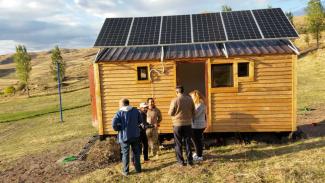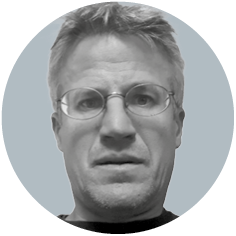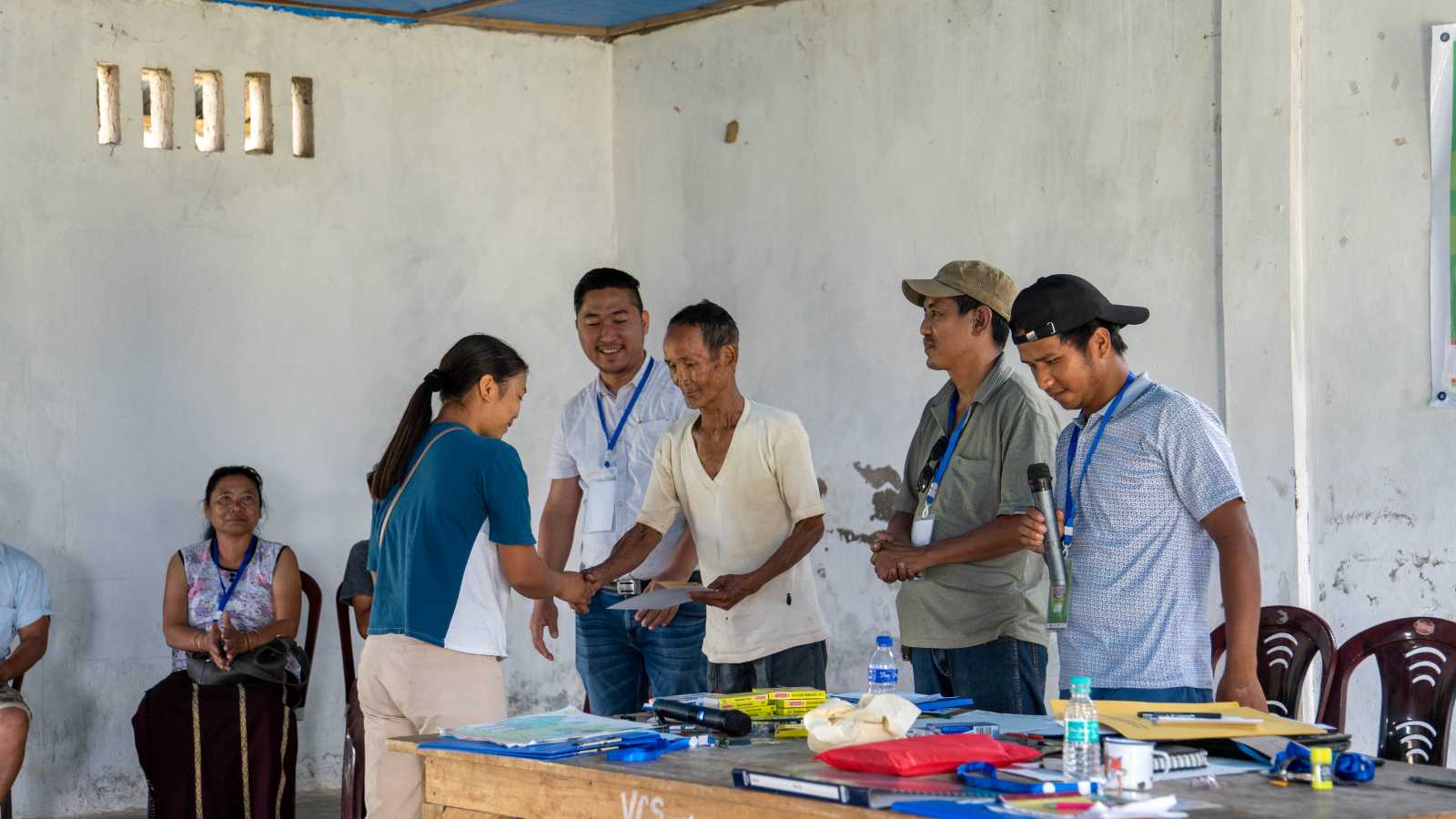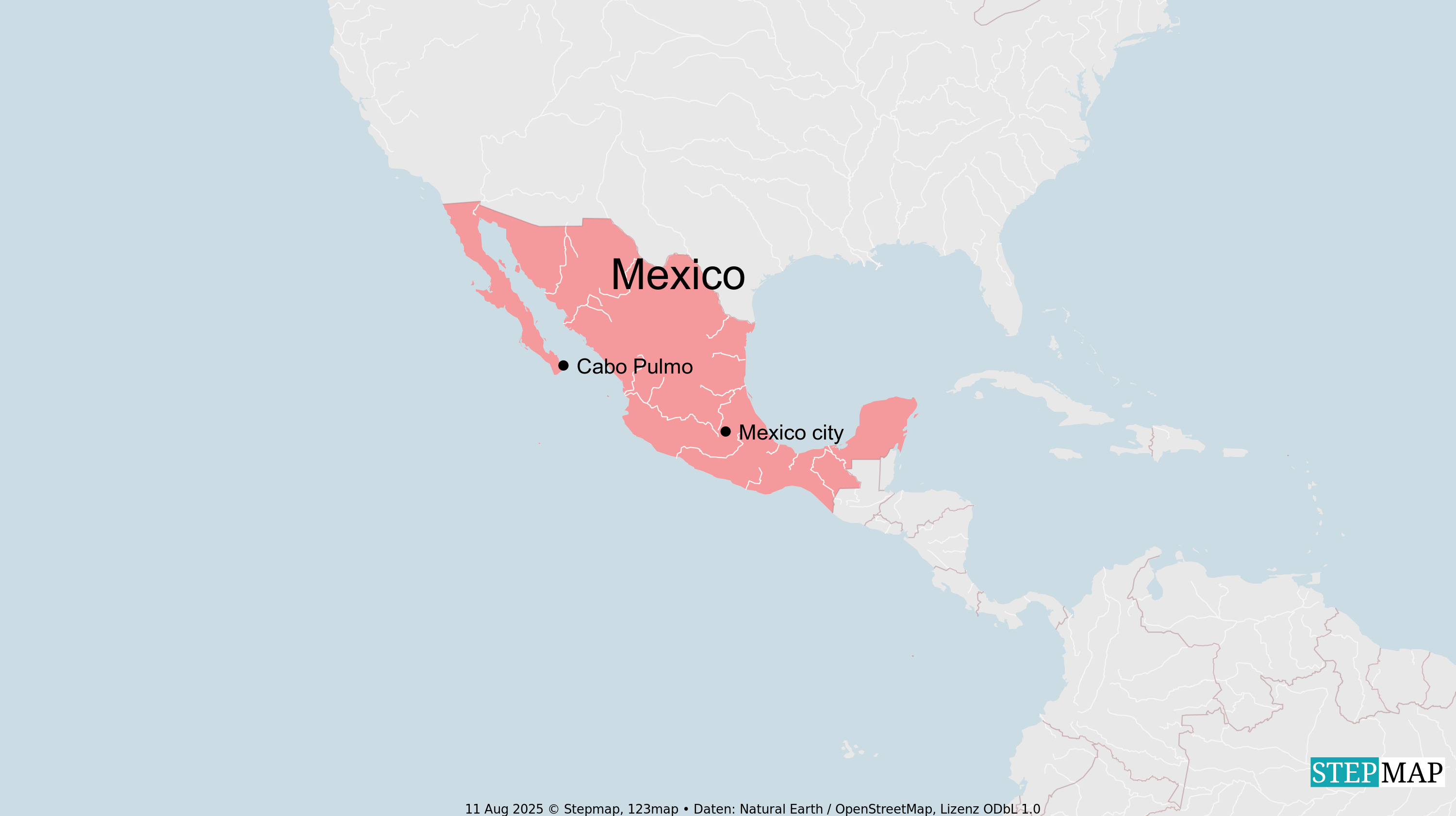Ownership
Implementing community ideas in the southern Caucasus

The Financial Participatory Approach (FPA) is a method of fostering community-driven development. Community members are encouraged to develop ideas to solve urgent problems facing their community. They can present these ideas to a jury as part of a contest, and the winners receive funding from the donor to implement their solutions.
An outstanding adaptation of the FPA was implemented by the Eco Corridors Fund Project (ECF) in the three countries of the southern Caucasus – Armenia, Azerbaijan and Georgia – through WWF in cooperation with Gopa Worldwide Consultants. ECF is a financial instrument aimed at preserving large, sustainably used landscapes in the southern Caucasus. Its partners are ministries of the three countries as well as local governments, and it is financially supported by the German Federal Ministry for Economic Cooperation and Development (BMZ) through KfW Development Bank.
ECF used three kinds of FPA contest – storytelling, livelihoods and community infrastructure – to build a rapport with the target communities and find out which communities had sufficient motivation and capacity to implement projects. The jointly developed action plan was then supported by long-term funding (usually 10 years) for nature conservation areas managed by the communities.
Solar street lighting
In Azerbaijan, a presenter won the FPA livelihood award for proposing a community chicken incubator that all villagers would be able to use, bringing their eggs for incubation and then taking the hatched chicks. A small community building was allocated to shelter the incubator, and a small fee had to be contributed to cover the cost of electricity. The entire community is benefiting from the new facility, which also enables them to experiment with different breeds to find out which produce the best meat and eggs and which are most resistant to diseases.
In one Armenian village, the idea of installing solar street lighting won an award. Going out in the dark would put villagers at risk of attacks from bears, wolves and jackals. The money from the award motivated the FPA contest participants and their village community to further cooperate with the project on wildlife conservation zones and other measures to reduce human wildlife conflicts.
A community in Georgia received an award for proposing better haymaking equipment so that their cattle would have more fodder in the winter. This allowed the project members to discuss and implement a grazing management plan that would see their summer pastures used more sustainably, and strict conservation implemented in an adjacent high mountain area.
Fostering ownership
In countries as diverse as India, Georgia, Armenia and Azerbaijan, FPA projects have demonstrated that cooperative competition can encourage community members to think creatively and propose their own ideas. This increased ownership is critical for addressing complex challenges, particularly in contexts with diverse needs and limited resources. The approach thus offers valuable lessons for future development efforts.
Successfully implementing project ideas not only creates satisfaction and pride among the community members but also facilitates trust building with government agencies and donors. Successful projects make a village attractive for future investments. Authorities are often keen to introduce government programmes in villages where they see success and cooperation with motivated village communities.
This article draws on the authors’ first-hand experiences in the Eco-Corridor Fund (ECF) Project and in various other projects in the southern Caucasus, which are supported by KfW Development Bank.
Link
Eco-Corridors Fund for the Caucasus:
https://www.ecfcaucasus.org/fpa
Nand Kishor Agrawal works at GOPA Worldwide Consultants and is Chief Technical Advisor for the Forest & Biodiversity Management Project in Nagaland, India.
nandkishor.agrawal@gopa.de
Steffen Schuelein is a socio-economist and consultant for community-based approaches in nature conservation, climate-change adaptation and sustainable livelihoods.
steffen.schuelein@posteo.de












